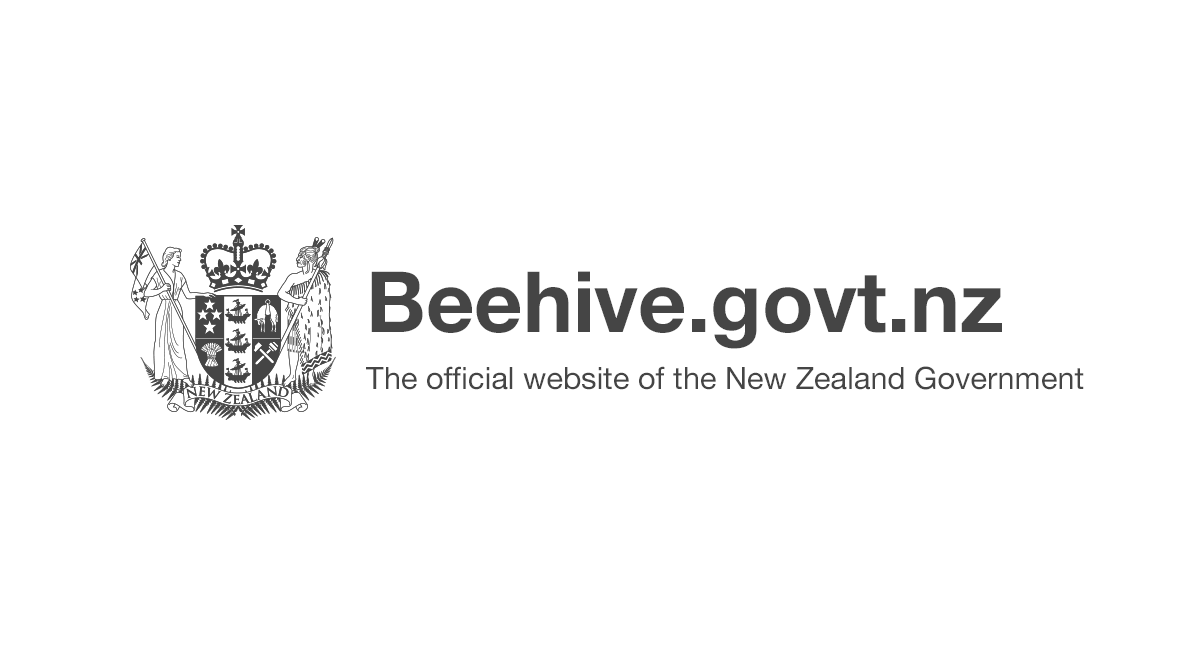
The Government is proposing two major changes to name suppression laws that will put the views of victims of sexual violence first, Justice Minister Paul Goldsmith says.
“We are committed to restoring law and order and these two proposed changes will help ensure the victims of crime are put at the heart of the justice system.
“The first change will ensure the courts cannot issue a permanent name suppression order for an adult convicted of a sexual offence, unless the victim agrees to it.
“Currently victims’ views only have to be taken into account by the courts. Long battles over name suppression retraumatises victims, as does the inability to discuss what happened to them and to warn others.
“I recognise that some victims will not want to make this decision, some will not be able to, and others may not be available. In these cases, the court will decide about name suppression for the convicted offender.
“The second change ensures victims of all sexual crimes, including intimate visual recording offences, are automatically given name suppression.
“There is a legislative gap, which means some victims of sexual offences receive automatic name suppression and others do not.
“For example, victims of intimate visual recording offences currently have to ask the court for name suppression. This only causes further distress, and many worry that their name or details will be published without their knowledge.
“New Zealand’s name suppression laws need to better empower victims of sexual offences, ensure openness of court proceedings, and that people convicted of serious sexual crimes are identified and held to account.
“These changes will help ensure there are 20,000 fewer victims of serious violent crime by 2029, and that the needs of victims are prioritised.”